For industries like manufacturing, textiles, pharmaceuticals, and food processing, maintaining precise humidity levels is not optional—it’s essential. Industrial humidification systems play a critical role in ensuring product quality, operational efficiency, and equipment longevity. But there’s a hidden factor that often determines whether these systems operate at peak performance or fall short: clean water.
From preventing scaling and corrosion to reducing maintenance costs, clean water is the secret to unlocking your humidification system’s full potential. This guide will walk you through the key reasons clean water matters, and how it can save you time, money, and headaches.
The Importance of Clean Water in Humidification Systems
Clean water isn’t just a minor consideration when it comes to industrial humidification systems—it’s foundational. Impurities in water can have far-reaching consequences, from operational inefficiencies to costly repairs. Below, we explore how clean water impacts your humidification system in five critical ways.
1. Prevention of Scaling and Mineral Build-Up
The Problem with Hard Water
Hard water, which contains high levels of calcium, magnesium, and other minerals, is a common culprit behind problems in humidification systems. As water is vaporized to regulate humidity, leftover minerals accumulate on system components like:
Evaporative pads
Spray nozzles
Water distribution pipes
This mineral build-up leads to scale formation, which can have a severe ripple effect.
Impact of Scaling
Reduced Efficiency
Scale reduces heat transfer and restricts water flow, forcing the system to work harder and use more energy to maintain the desired humidity level.
Higher Operating Costs
Energy demands rise, which increases utility bills.
Clogs and System Breakdowns
Severe scaling can clog nozzles and pipes, causing uneven humidification and leading to expensive part replacements or repairs.
How Clean Water Helps
By reducing or eliminating mineral content in the water, facilities can avoid scaling altogether, ensuring smoother operations and better efficiency.
2. Avoiding Clogging Nozzles and Filters
Water Contaminants
Humidification systems are highly sensitive to water quality. Contaminants like:
Sediments
Bacteria
Algae
Suspended particles
...can obstruct mist nozzles and filters, reducing the system’s output.
Knock-on Effects of Clogging
Compromised Performance: Uneven humidity levels across the facility may disrupt production processes.
Higher Costs: Increased cleaning efforts and frequent nozzle or filter replacements drive up maintenance costs.
Downtime Risks: Significant obstructions can lead to unplanned system downtimes, interrupting operations.
Clean Water is the Solution
Using filtered, treated water eliminates sediments and impurities, ensuring mist nozzles and filters perform as intended without frequent intervention.
3. Prevention of Corrosion
The Risk of Corrosive Water
When water contains corrosive chemicals like chlorine or trace metals, it can accelerate the deterioration of metal components, including:
Tubing
Fittings
Pumps
Corrosion introduces additional particles into the system, further lowering air quality and threatening operational safety.
Consequences of Corrosion
Shortened lifespan of equipment
Increased frequency of part replacements or repairs
Leaks and failures that disrupt operations
Clean Water’s Role in Longevity
Treated water removes or neutralizes corrosive elements, ensuring your system’s metal components remain intact for years to come.
4. Maintaining Consistent Humidity Control
Why Consistency Matters
The ability to maintain precise humidity levels is vital for many industries:
Textiles: Fluctuating humidity can weaken or damage fabrics.
Pharmaceuticals: Certain products require exact environmental control during production.
Food Processing: Maintaining freshness and quality heavily depends on stable humidity conditions.
Impact of Impurities
Impurities in water negatively affect the consistency of vapor or mist production, leading to variable humidity levels that can derail production goals.
Clean Water for Stability
Using purified water ensures reliable vapor output, keeping humidity levels consistent and aligned with your facility’s requirements.
5. Reducing Maintenance and Operational Costs
Lower Maintenance Needs
Scaling, clogs, and corrosion are the three biggest contributors to frequent humidification system maintenance. Clean water effectively addresses all three, resulting in:
Fewer service interruptions
Less frequent part replacements
Simplified cleaning during routine servicing
Cost-Saving Benefits
Energy Efficiency: A system running on clean water operates more smoothly, consuming less energy to maintain ideal humidity levels.
Long-term ROI: Fewer repairs and lower energy use translate to significant savings over time.
By prioritizing clean water, facility managers can significantly minimize operational headaches while maximizing cost-efficiency.
Optimize Your Humidification System Today with Clean Water
The role of clean water in your humidification system cannot be overstated. From preventing scaling and corrosion to ensuring consistent performance, the benefits are clear:
Improved efficiency
Lower operational costs
Extended equipment lifespan
Enhanced air quality
Investing in water treatment solutions for your system is one of the smartest and most cost-effective decisions you can make for your facility.
If you’re ready to take your humidification system to the next level, we’re here to help. Contact UTR Systems for a consultation on water treatment options tailored to your needs. Together, we’ll ensure your system operates at peak performance, saving you money and maximizing efficiency.
Reach out today and experience the difference clean water can make.

